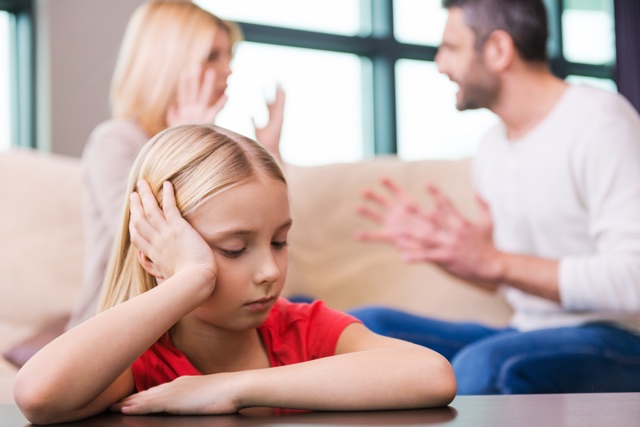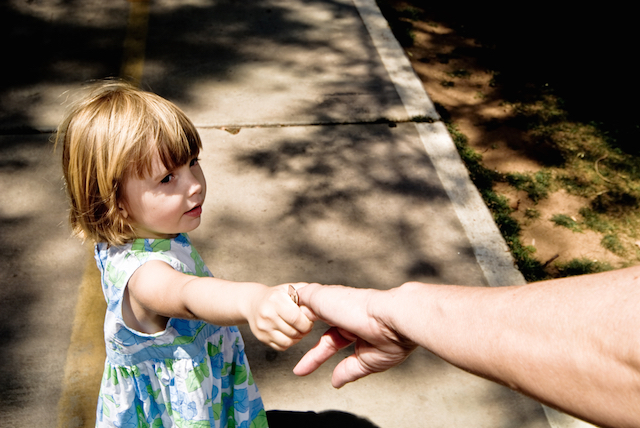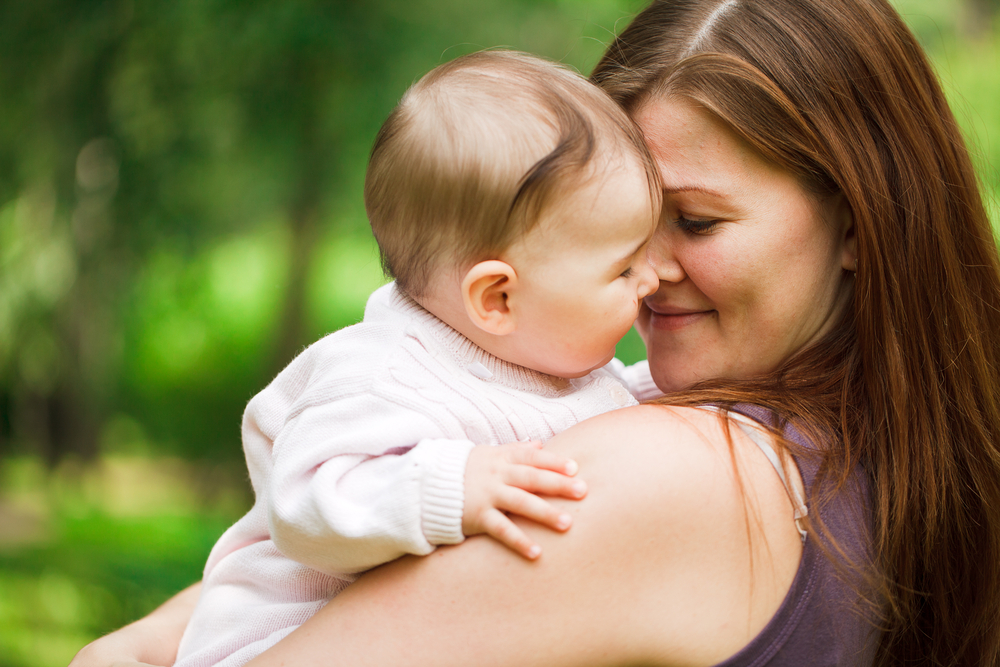
How to Put a Parenting Plan In Place After a Divorce
Going through a divorce when kids are involved is challenging enough, but it is really just a prelude to what life is going to be like following the divorce – exes will still have to continue to work together to raise well-adjusted, happy children. Putting together a parenting plan that both parents will follow is one crucial step in ensuring a smooth transition for the children involved. Here are a few tips towards creating such a parenting plan after a divorce.
Make Sure Both Parents Understand the Terms of the Custody Agreement
One of the best ways to help promote a healthy parenting plan is to make sure that the needs and desires of the parents and children are reflected in the custody agreement before it is finalized, and to make sure that the parents both understand the contents and implications of the agreement. In California, parents are free to create their own custody and/or visitation agreement, which can spell out specifically which parents have physical custody of the children and during what times, who has the legal custody power to make decisions regarding the children’s welfare, and so on. A court, of course, must approve such an agreement.
What’s critical, however, is that the parents express their concerns and desires for a post-divorce parenting plan before the arrangement is finalized. If something in the agreement does not make sense or is unclear, ask an attorney who can explain it, or, better yet, work with an attorney from the outset who can make sure that the needs of the children are reflected in the custody agreement.
Strive for Consistency in Carrying Out the Parenting Plan
With today’s children having more regimented schedules, do your best to make sure that both parents understand the complexity of attending to all those dance recitals, sports practices, play-dates, and school functions – and commit to preserving some consistency in making sure that the parenting functions are covered. It may be that one parent commits to always helping the child with math homework, or another commits to supporting the child’s sports endeavors, or the parenting duties may simply be split up by days of the week. Recent studies have shown that children who live with two different parents in joint custody situations actually fare much better than previously thought – especially when compared to children who live solely with one parent. The more you can instill a sense of security in the child that he or she can count on the parents to be there as planned during the week, the smoother the co-parenting situation will go.
Commit to Honoring the Parenting Plan and Honoring the Other Parent
Coming up with a parenting plan that puts the best interests of the children first while working with the needs of both parents is a great step, but if the plan is not being honored by either parent, then the parenting plan cannot serve the interests of all involved. If you know that the other parent has set aside time on a weekend to visit the zoo or a religious service, don’t accept an invite to a birthday party during that time on the child’s behalf without having a serious and respectful conversation with the other parent first. Even more important, don’t make the other parent “the bad guy” for forcing the child to turn down the invite on account of the parenting plan that you agreed to honor. In general, it is a good idea to commit to not speaking poorly of the other parent in front of the child, or to use the child as a tool to get more time away from the other parent. While emotions may run high just after a divorce and for years to come, acting respectful towards the other parent in front of the child will help their relationship and will serve the child’s best interests.
Work With a Trusted Legal Advisor
Contact Pasadena divorce attorney Richard Jacinto today to consult with an accomplished, skillful family law attorney to discuss putting a parenting plan into place after a divorce.



